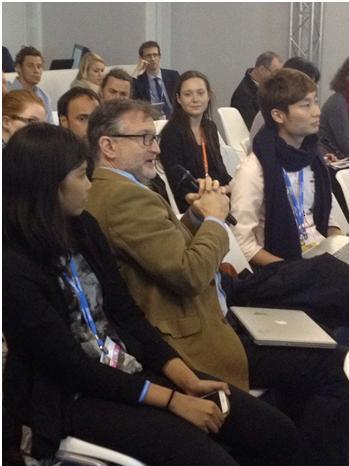
WUN Sustainability Grant for Global Platform
The WUN Sustainability Grant realizes the potential of the Global Farm Platform by facilitating the exchange of ideas and by supporting two international funding bid writing workshops to draft proposals

Researchers uncover the key to the rise of the animal kingdom
A new study may have resolved a fundamental question concerning the development of Earth as a planet on which animals could flourish: what came first, increasing levels of oxygen or complex animals? Before now it was not known how quickly Earth’s oceans and atmosphere became oxygenated and if animal life expanded before or after oxygen levels rose. The new study, published in Nature Communications, shows the increase in oxygenation began significantly earlier than previously thought and occurred in fits and starts spread over a vast period.
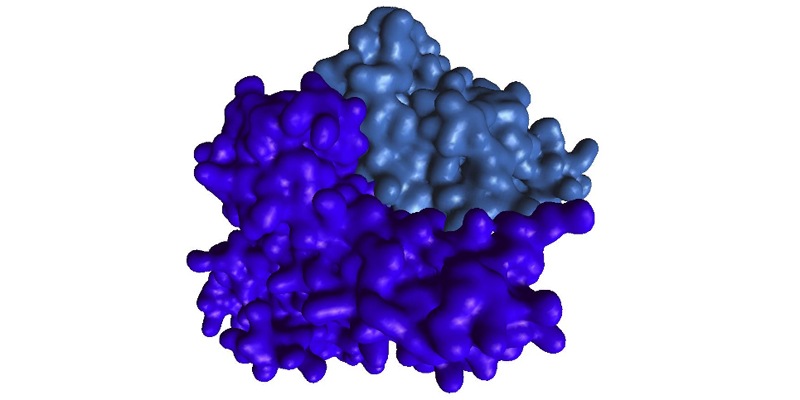
Controlling the ‘social life’ of proteins aims to transform drug discovery
A new £3.4 million programme will develop new tools to understand which interactions between proteins in the human body are relevant to disease. Currently, only a handful of drugs in clinical use work by targeting protein-protein interactions. The new project, which will launch on 1 February, 2016, will involve researchers from the University of Leeds, the University of Bristol and three drug discovery organisations: the Northern Institute for Cancer Research, Newcastle University; AstraZeneca; and Domainex.
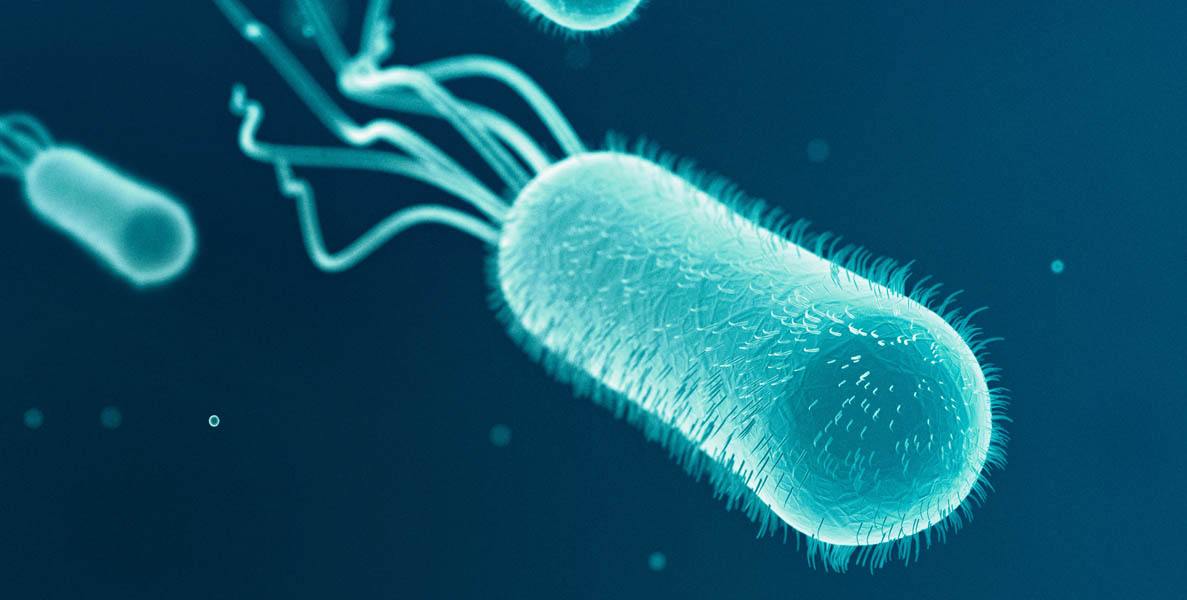
Antibiotic resistance could help find drugs for some of the most intractable diseases
Scientists have developed an innovative way of using one of the biggest problems facing health services—antibiotic resistance—to develop drugs to combat some of the most intractable diseases. The new study, from research led by Professor Sheena Radford from the University of Leeds and published in Nature Chemical Biology, outlines a way of using antibiotic resistance to find chemicals capable of stopping amyloid formation.
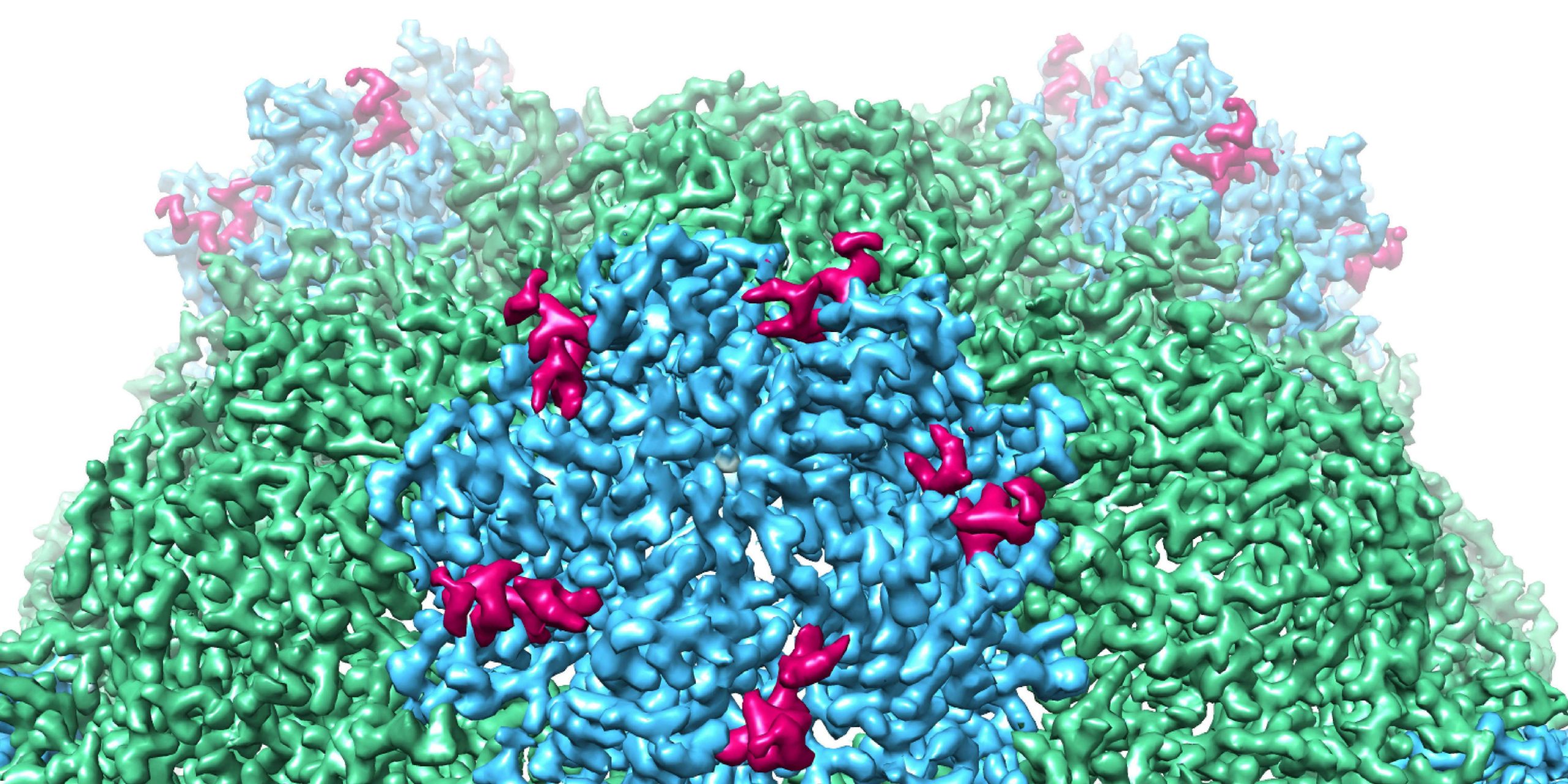
Groundbreaking microscopy unlocks secrets of plant virus assembly
New research into how a plant virus assembles could lay the groundwork for future use to carry drugs into the human body. The study, by a team from the University of Leeds’ Astbury Centre for Structural Molecular Biology and the John Innes Centre in Norwich, describes the structure of an empty version of Cowpea Mosaic Virus (CPMV) and the molecular “glue” that allows the virus to build itself and encapsulate its genome. The findings, published in the journal Nature Communications and based on revolutionary new electron microscopy, may be a crucial step to eventually allowing scientists to build custom versions of the virus that can carry medicines into the body and target disease.
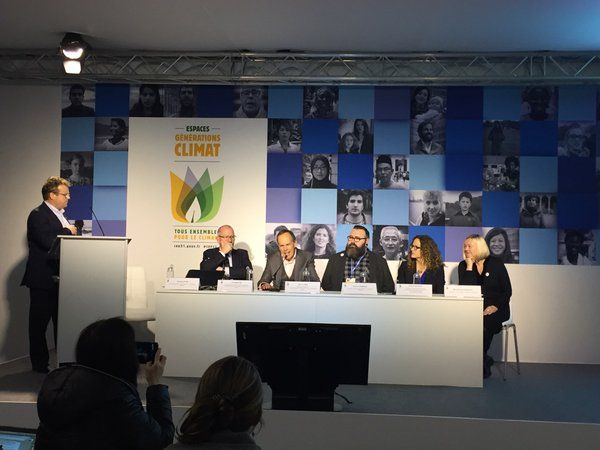
Moving Toward a Sustainable Future Following COP21
After many years of failed attempts, world leaders have finally signed a comprehensive deal to address climate change at COP21 in Paris. WUN was there.

WUN investing in research that matters
The Worldwide Universities Network (WUN) announced today the results of the 2015 round of the annual Research Development Fund, marking a direct investment in international, interdisciplinary research of £156,213.

Millions in funding for young Bergen researchers
Four young scientists recently received over 80 million NOK from Bergen Research Foundation and the University of Bergen, making world class research possible.
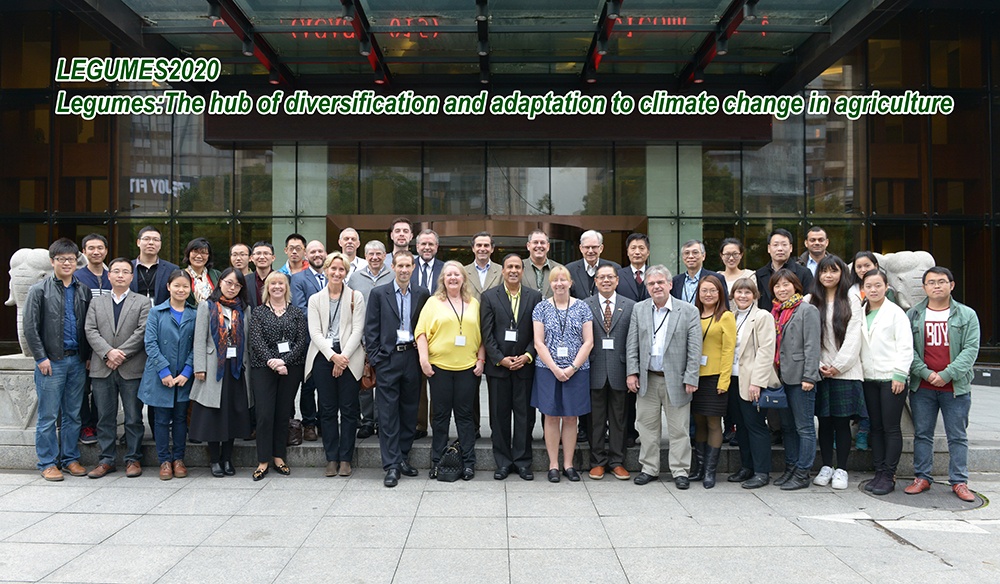
Legumes: the Solution to Human Health and Agricultural Sustainability
As the world’s population continues to grow and the effects of global warming and climate change begin to affect crop yields, new and existing crops must be developed that are resilient to temperature extremes, drought and salinity, while also being cheap to produce. The UN Secretary-General, Ban Ki-Moon, himself, noted the scale of the problem saying “diversification of crops with legumes and other practical measures must be scaled up to end hunger while meeting the challenge of climate change”.

Proactive in Paris: Researchers head to Paris for crucial climate change talks
Scientists and world leaders are convening in Paris to tackle climate change, and the University of Leeds is well represented at the talks, offering a wealth of expertise in climate change science. Students and alumni of the University of Leeds have also created a short documentary film about the path to Paris and why this COP should be different to previous years, which failed to reach an agreement on how to address climate change. The film, called Atmosphere, is directed by postgraduate student Nick Roxburgh from the University’s School of Earth and Environment and is the result of a successful crowd-funding campaign.
